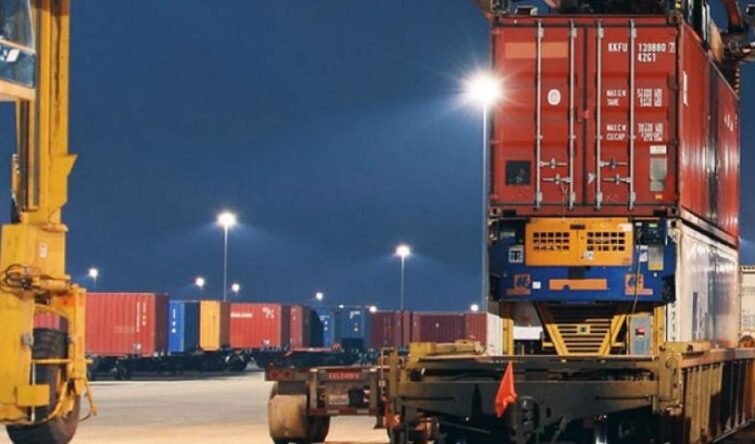Customs brokers
In Mexico, nearly all foreign trade transactions require the expertise of a customs agent. These professionals are essential for ensuring compliance with Mexican Customs Law and represent both importers and exporters before Customs authorities. As stated in Article 159 of Customs Law, the customs broker acts as a certified “natural person” authorized by the Tax Administration Service (SAT) to facilitate the clearance of merchandise for different customs regimes.
The role of the customs agent in Mexico is multifaceted and includes preparing the “pedimento,” which is the primary customs form used for import and export transactions. Additionally, customs agents assist with tariff classification and ensuring adherence to Customs Regimes.
In recent years, many customs brokers in Mexico have expanded their services beyond their traditional role to offer logistics support such as transportation and storage of goods. They can take care of the entire process, from the point of origin to the final destination, including loading and unloading, intermodal shipping, cargo manipulation, toll payments, insurance, and bond procurement.
Mexican customs brokers also play a crucial role in tax collection on behalf of the federal government. Article 53 of Customs Law considers the customs agent jointly liable for paying all levies on foreign trade, including Mexico’s Value Added Tax (VAT). Customs brokers ensure that the correct tariff classification is applied to goods, and they support efforts against customs fraud and smuggling.
Moreover, customs brokers in Mexico are responsible for enforcing national security measures at the point of entry. They monitor compliance with non-tariff regulations to protect citizens from dangerous goods, preserve the environment, and support compliance with commercial treaties that Mexico has negotiated with its trading partners. Customs agents have relationships with carriers, shipping agents, regulatory authorities, banks, importers, exporters, and insurers, among others.
The primary challenge for Mexican customs brokers is keeping up with the constant changes in foreign trade regulations. Failure to comply with these regulations can result in significant fines and sanctions.
In conclusion, the customs broker in Mexico is a vital part of international trade operations. They offer trade advice, legal representation, logistics support, and guarantee national and legal security. For anyone doing business in Mexico, consulting with a customs broker is essential to ensure smooth and successful transactions.
Article Tags: Customs brokers

